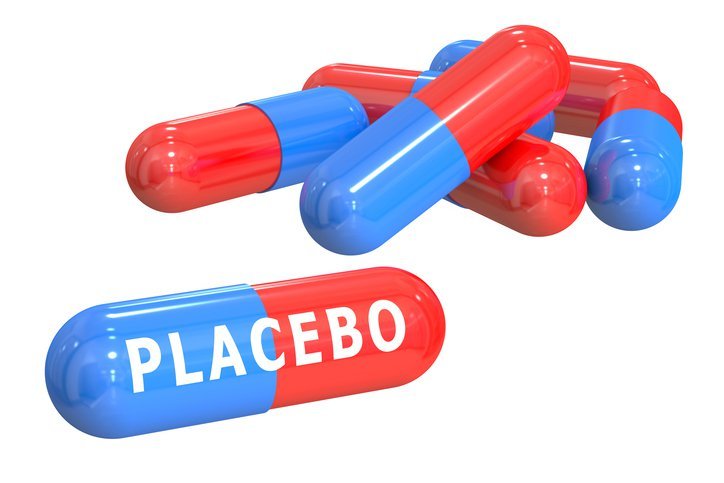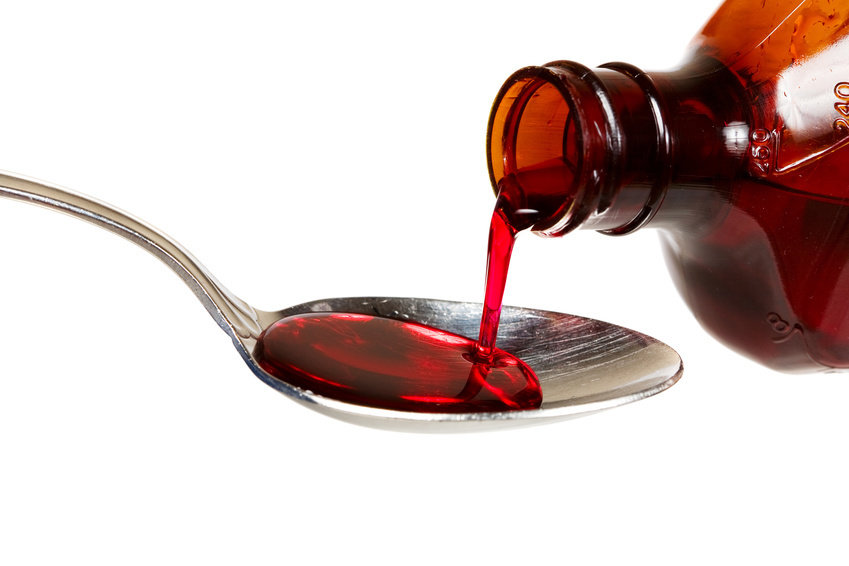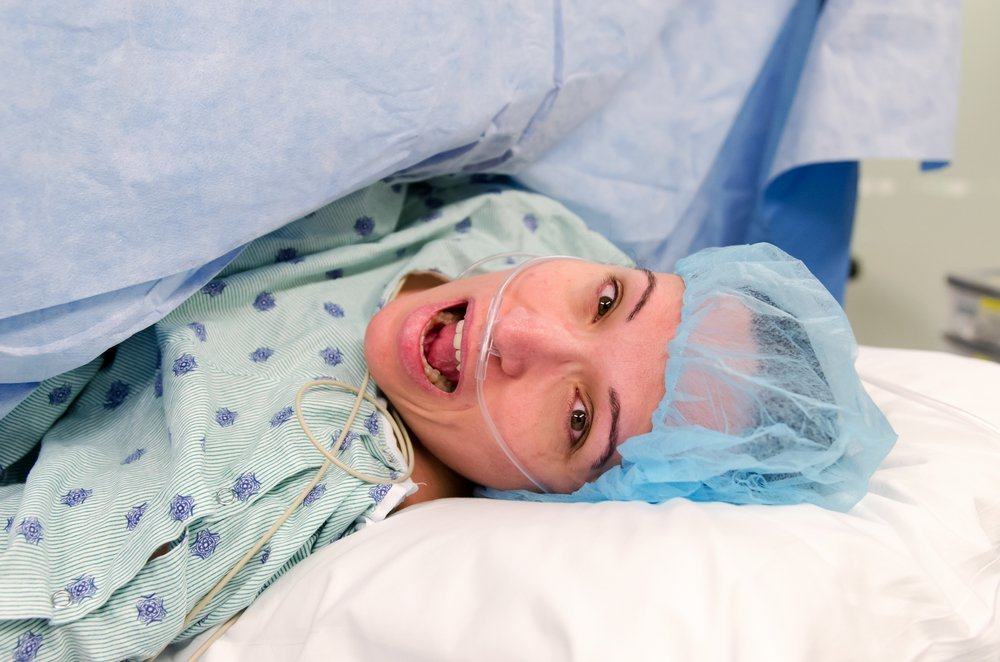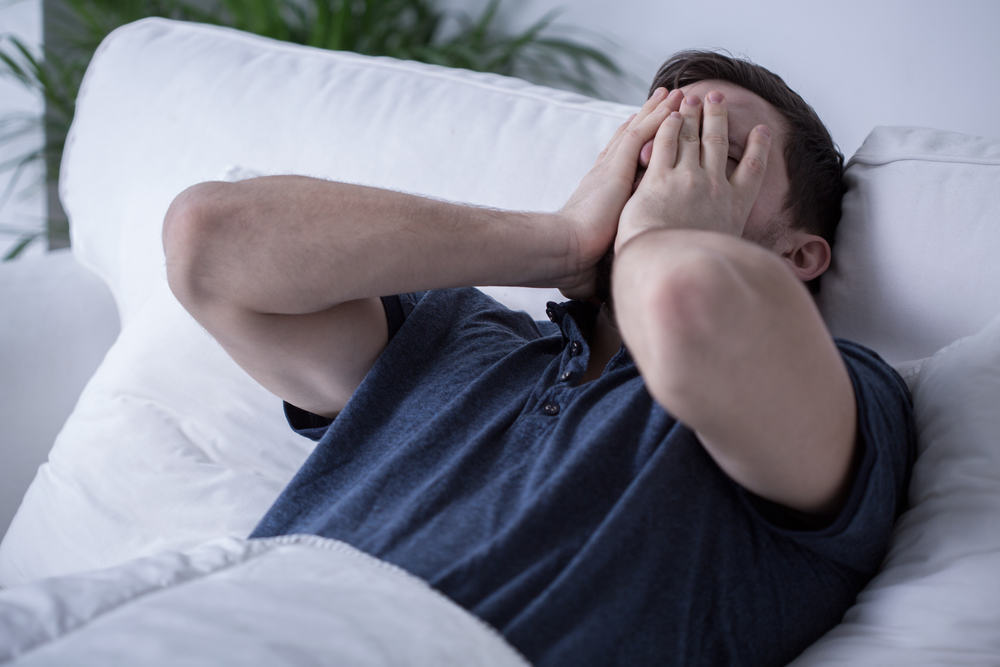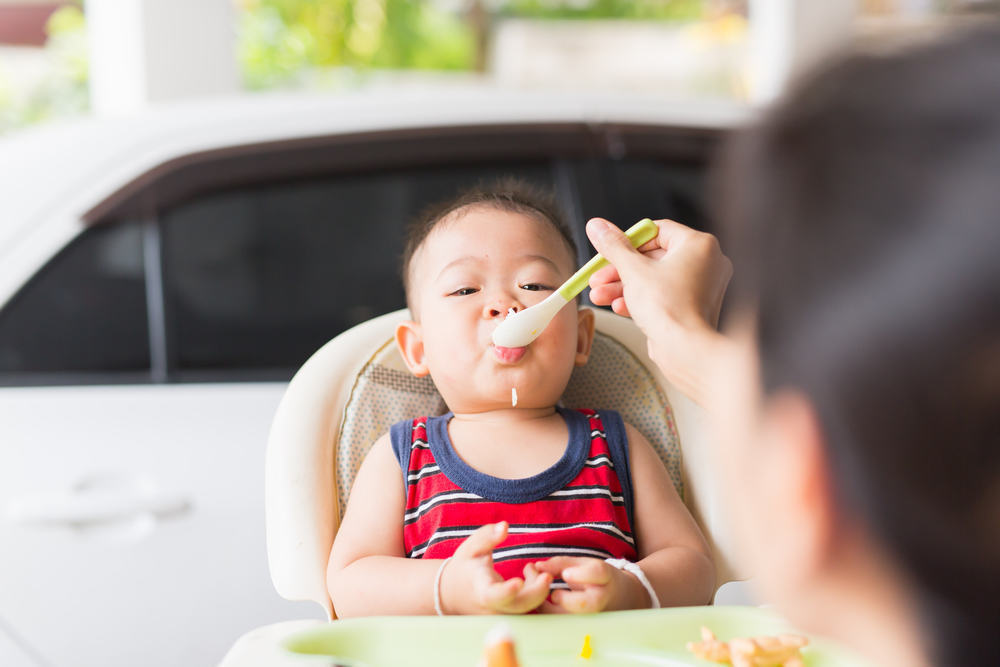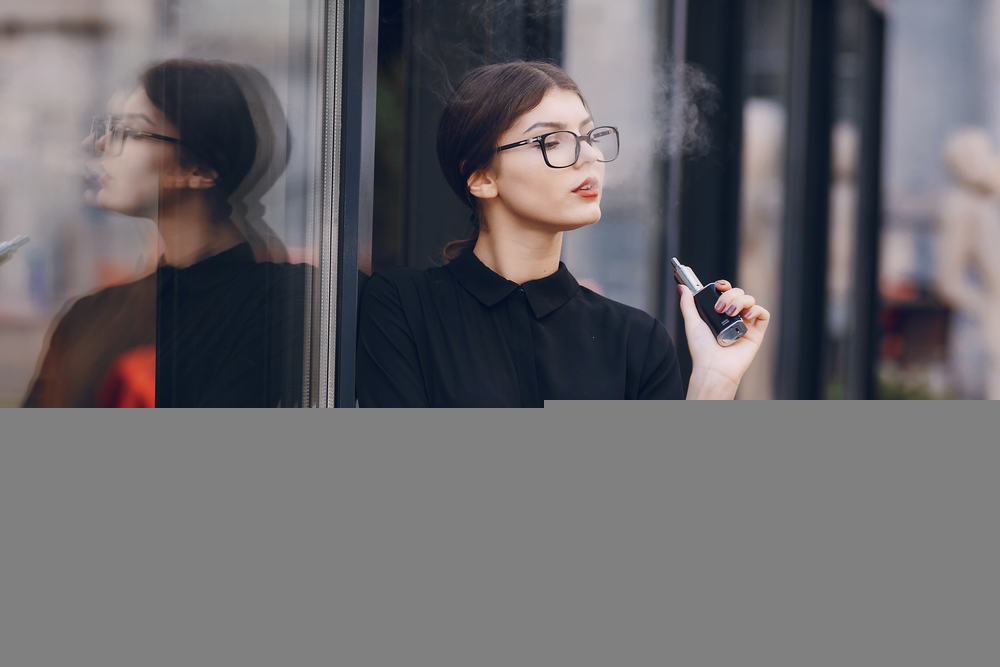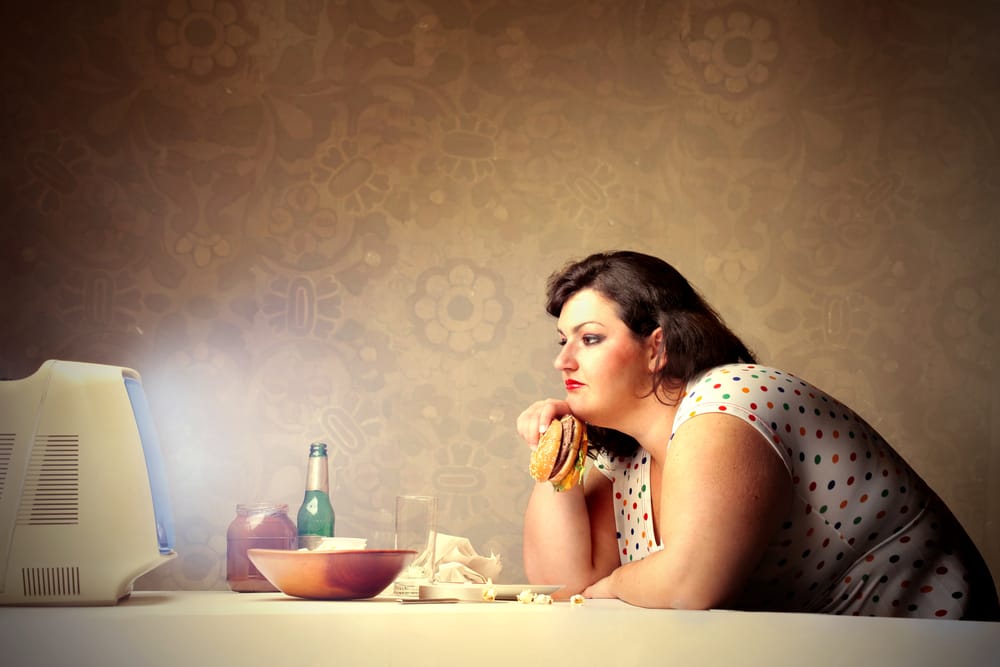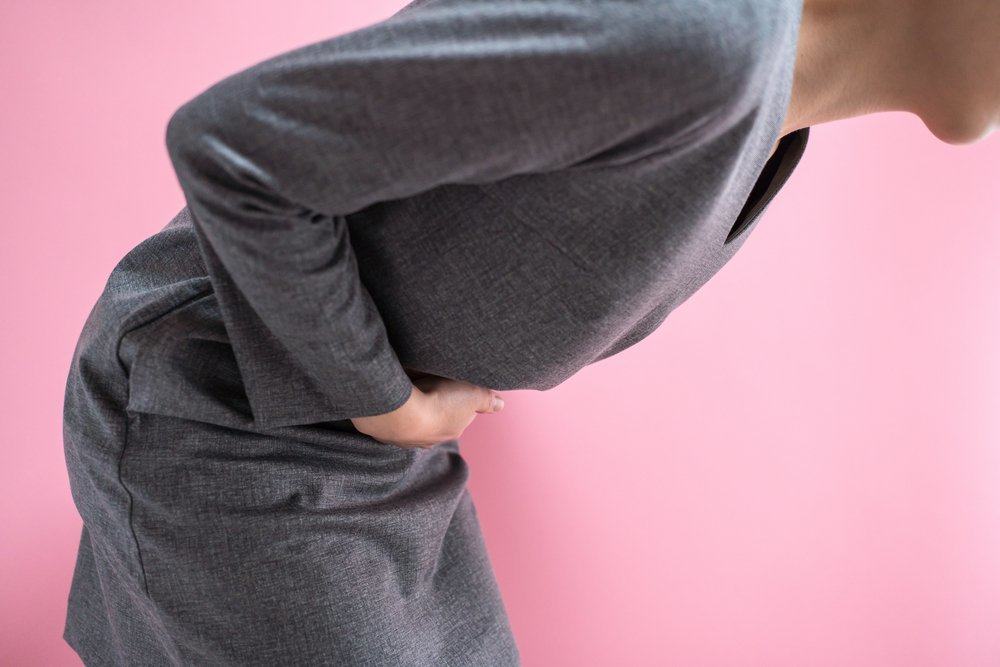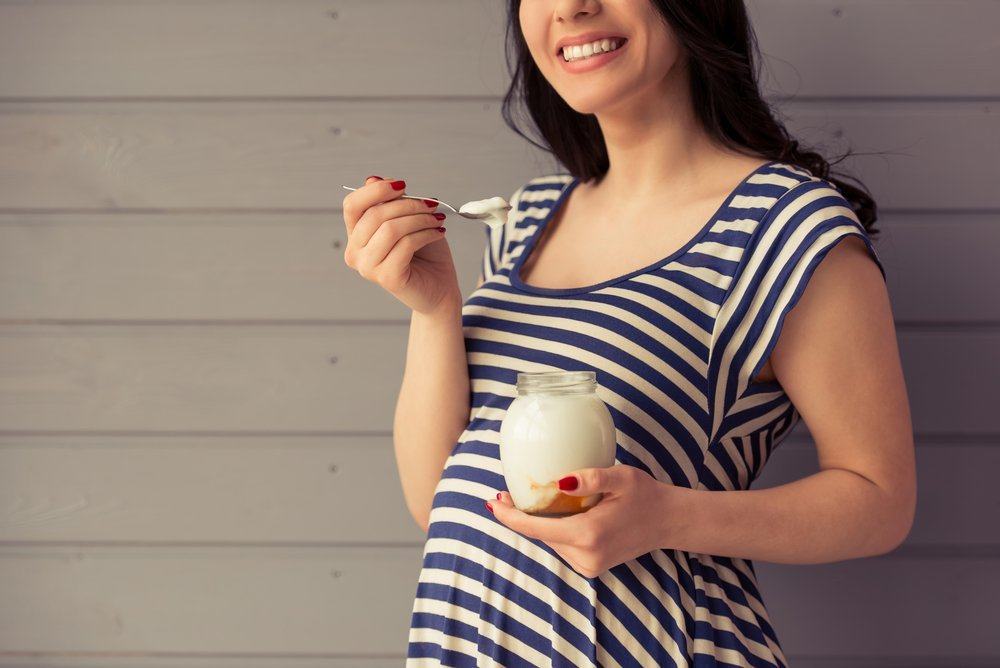Contents:
- Medical Video: The Placebo Effect
- What is the placebo effect?
- Factors affecting the placebo effect
- If placebo is just an empty drug, why can it cause an effect?
Medical Video: The Placebo Effect
Placebo is a medical treatment that looks real, but is not really a drug at all. This can be a pill, injection, or some other type of "fake" treatment. The similarity of all is that these "drugs" do not contain active substances and cannot affect health, this is why placebos are called empty drugs. Scientists often use placebo during research to help them understand the effects of new drugs and distinguish between the effects of drugs that actually occur, and which are only mere suggestions.
For example, some people in a study might be given a new drug to lower cholesterol, while others get an empty drug or placebo. None of the people in this study would know whether they were getting real drugs or fake drugs. The researchers then compared the effects of the drugs and empty drugs on all study participants. In this way, they can determine the effectiveness of new drugs and check for side effects.
What is the placebo effect?
Sometimes a person can have a response to placebo. The response can be positive, it can also be negative. There are people who have progress in recovery, some have side effects. This response is called the placebo effect. There are a number of conditions in which an empty drug can make a positive result, even when someone knows that the medicine he is taking is actually just a placebo. Studies show that placebo effects can occur in conditions such as:
- Depression
- Pain
- Sleep disturbance
- Irritable bowel syndrome
- Menopause
In one study involving asthma, people using placebo inhalers did not have a good effect on breathing tests compared to sitting and did nothing. But, when researchers asked for their response to what they felt, the empty inhaler was reported to be effective as a drug that could provide assistance.
Factors affecting the placebo effect
Several factors that influence the placebo effect include:
- Empty drug characteristics. If the pill looks genuine, the person who drinks it is more likely to believe that it contains drugs. Other studies have shown that larger pills have a stronger dose than small pills, and those who take two pills will react faster than just swallow one. Generally, injections have a stronger effect than pills.
- Someone's attitude. If someone expects treatment to be successful, chances are the placebo effect will be higher. Some studies show that the placebo effect may still continue even if the person is skeptical of success. Most likely, the power of suggest is working here.
- Relationship between doctor and patient. If someone believes in their doctor, they are more likely to believe that the empty drug will work.
If placebo is just an empty drug, why can it cause an effect?
The actual physiological mechanicke remains mysterious. Some theories that attempt to explain the placebo effect include:
- Disorders that can heal by themselves. Many conditions like the common cold can heal on their own. They will solve it themselves too, with or without empty drugs and drugs. So that the end of symptoms is just a coincidence.
- Healing. Symptoms in the form of disorders, such as multiple sclerosis and lupus, can progress gradually. Healing during the use of empty drugs may just be a coincidence, and it happened not because of placebo at all.
- Changes in behavior. Empty drugs can increase a person's motivation to take care of themselves better. Improving diet, regular exercise, or rest may be the cause of reducing their symptoms.
- Change in perception. A person's interpretation of their symptoms can change with the hope of feeling better. For example, piercing pain can be interpreted as an uncomfortable feeling of tingling.
- Anxiety reduction. Drink empty drug and hope to feel better can calm the autonomic nervous system and reduce the level of stress chemistry, such as adrenaline.
- Brain chemistry. Empty drugs can trigger the release of painkiller chemicals in the body, these brain chemicals are called endorphins.
- Changes in brain condition. Research shows that the brain responds to a picture of the same condition as it really is. A placebo can help the brain to remember the time before the onset of symptoms, and then bring physiological changes. This theory is referred to as "remembered health".
READ ALSO:
- Danger of consuming alcohol after taking medicine
- Iron Deficiency in Adolescent Girls Is Easily Treated
- Peel Complete CPAP Treatment for Snoring (Sleep Apnea)

